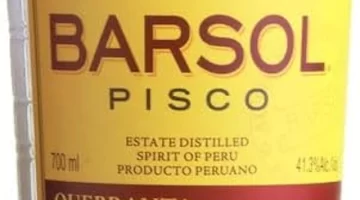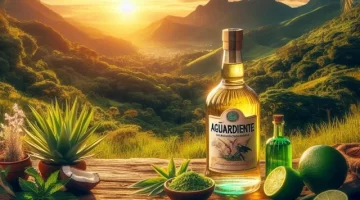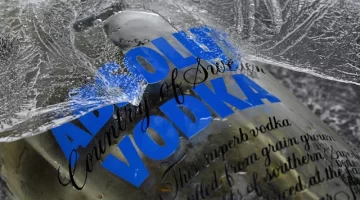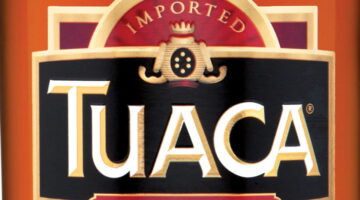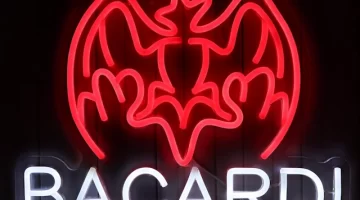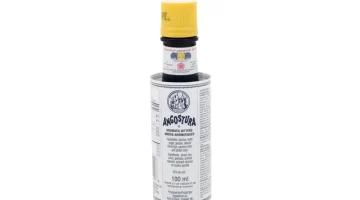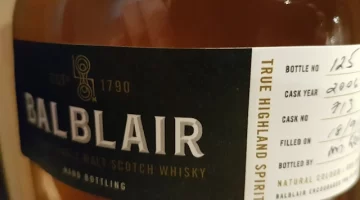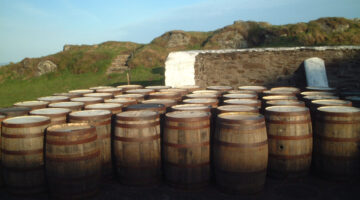Desert Door Texas Sotol Review
Travel Distilled reviews Desert Door Texas Sotol made from the desert spoon plant and the only sotol currently made in the USA.
So, three guys walked into a business school. It was The University of Texas McCombs School of Business in Austin, Texas. Judson Kauffman, Ryan Campbell, and Brent Looby had never met before, but they found they’d all come to business school after serving in the military and were soon friends.

Photo by Allyson Campbell
The three of them did a class in Entrepreneurship and had to come up with a business plan for a theoretical business, and this is where the fun started. The project they came up with was to plan a distillery. Not any old whiskey or vodka distillery, though. Judson’s thoughts went back to when he was a kid, and his uncle would tell him stories about moonshining sotol in west Texas.

Sotol’s thought of as a Mexican spirit, but the plant that it’s made from, the desert spoon, also grows prolifically in west Texas. It was being distilled in Texas several hundred years ago by the Native Americans, so may well have been the state’s first spirit. In any case, the distillery was only theoretical, right, so they could distill anything.

Photo by Allyson Campbell
The project by the three friends was voted first in class, and by then they were so enthused by it that they decided to go for it and build a real distillery. The result is Desert Door, and the only sotol currently made in the USA.

The thing to stress is that sotol is not like tequila or mezcal. The plant that it’s made from, the desert spoon, isn’t an agave even though it looks like it could be one. It is, bizarrely, a member of the asparagus family, and who would make booze from a bunch of asparagus?

Desert Door Texas Sotol Review
There’s only one way to find out what it tastes like, and that’s to drink it. It comes in one of the most stunning bottles I’ve seen in a long time. It’s a lovely deep blue heavy ceramic bottle, with the label embossed onto the front, and it uses one of those old-fashioned flip-off pop-bottle stoppers.

Photo by Allyson Campbell
On the nose it’s less spicy than tequila, and much less smoky than a typical mezcal. It had a smell of straw and stubble, like the desert, balanced by an intriguing mix of the sour and the creamily sweet.

On the palate it’s quite fiery, much more so than you’d expect from the nose. It has that same blend of sweetly creamy vanilla, and sour straw, maybe even a field of burnt stubble. It slips down smoothly but with a fiery final kick.

Photo by John Davidson
Sotol is definitely a unique taste, perhaps even an acquired taste. One evening I shared the sotol with my wife and a couple of friends. Surprisingly, I was the only one who liked it, and I really liked it. The three others were all lukewarm. They didn’t dislike it, but preferred tequila. Still, that was all the more for me!

Sotol Cocktails
The distillers say that sotol is versatile and you can mix it with almost anything. You can use it in a Moscow Mule instead of vodka, in a Margarita instead of tequila or in an Old Fashioned instead of whiskey or brandy, and they’ll all still work. I’ve only had it simply, with orange juice and with tonic, and it combines fine with both of them, giving them a slightly sour and slightly smoky twist on the taste that you get with either vodka or tequila.

Photo by Allyson Campbell
I live in Arizona and we have a handsome 4-foot desert spoon plant in our driveway. After drinking this sotol I’ll never look at it in the same way again.

More Information
In its first year of production, Desert Door Texas Sotol has been available in an increasing number of bars, restaurants, and liquor stores around Texas. Its popularity is spreading beyond its home state, though, and you can also buy it online for shipping anywhere. See the website.
https://www.desertdoor.com/
You can also buy it on Drizly.
Desert Door Texas Sotol has also released 50 ml bottles of its popular sotol — both its Original ($1.99) and new Oak-Aged ($2.49) variations — across select retailers in Texas, Tennessee, Georgia, and Colorado. Don’t miss my review of their tasty Oak-Aged Sotol.
More Information
In its first year of production, Desert Door Texas Sotol has been available in an increasing number of bars, restaurants, and liquor stores around Texas. Its popularity is spreading beyond its home state, though, and you can also buy it online for shipping anywhere. See the website.
https://www.desertdoor.com/
You can also buy it on Drizly.
Desert Door Texas Sotol has also released 50 ml bottles of its popular sotol — both its Original ($1.99) and new Oak-Aged ($2.49) variations — across select retailers in Texas, Tennessee, Georgia, and Colorado. Don’t miss my review of their tasty Oak-Aged Sotol.
